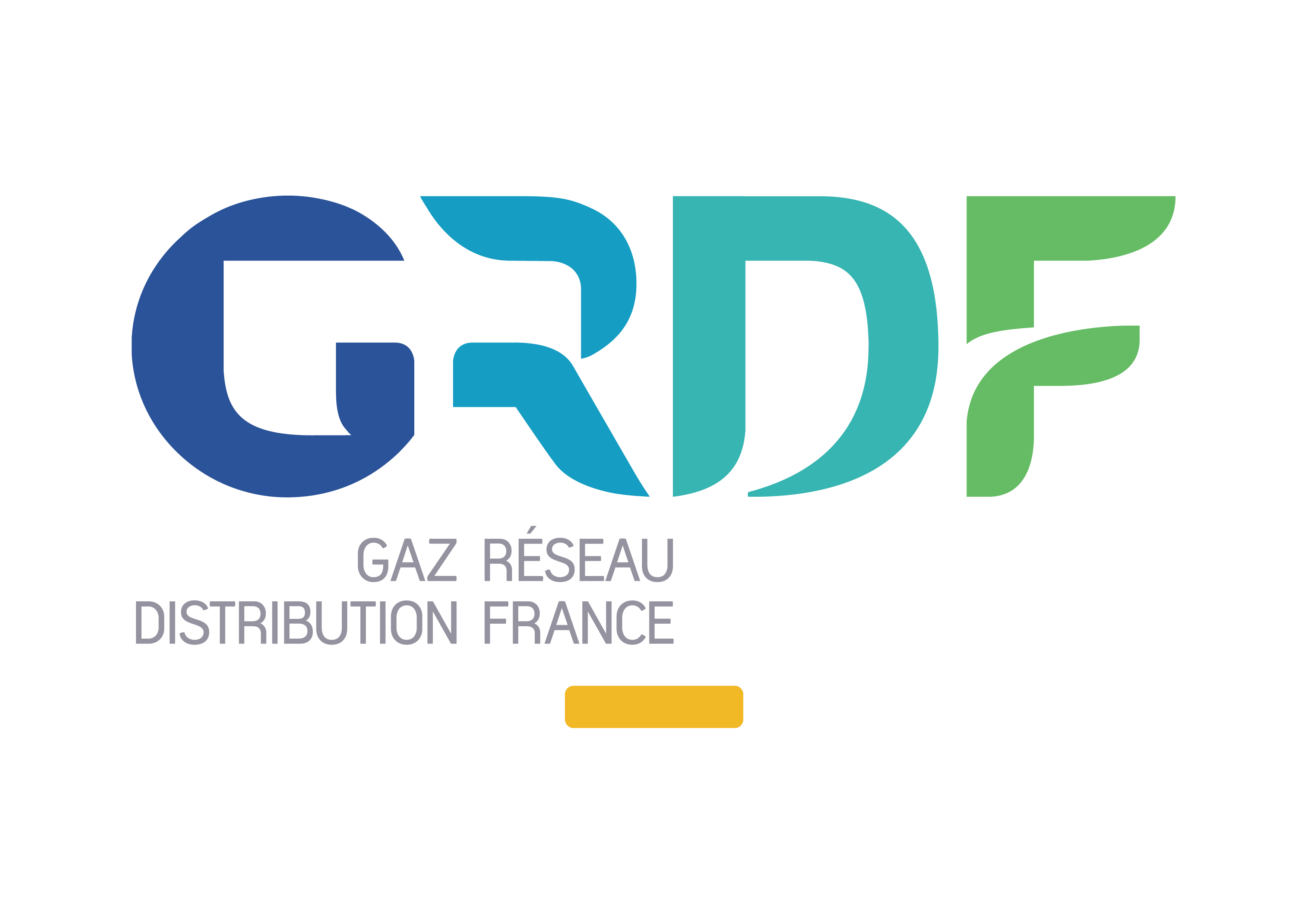Ensuring the security of the gas distribution network is the basis of GRDF activity.
In France, five million households are in a situation of energy precariousness, and they spend more than 10% of their income on heating, lighting and cooking.
In the context of its CSR policy, GRDF wants to contribute to energy performance in the customer's home. With CIVIGAZ, GRDF has committed to combating both energy precariousness and the risks incurred by precarious households when their natural gas-operated installations are in poor condition or improperly maintained.
A reference in the world of energy an expert in gas-powered energy, GRDF (Gaz Réseau Distribution France) is the main operator in the distribution of natural gas in France, with the longest European network, covering 196,940 km.




